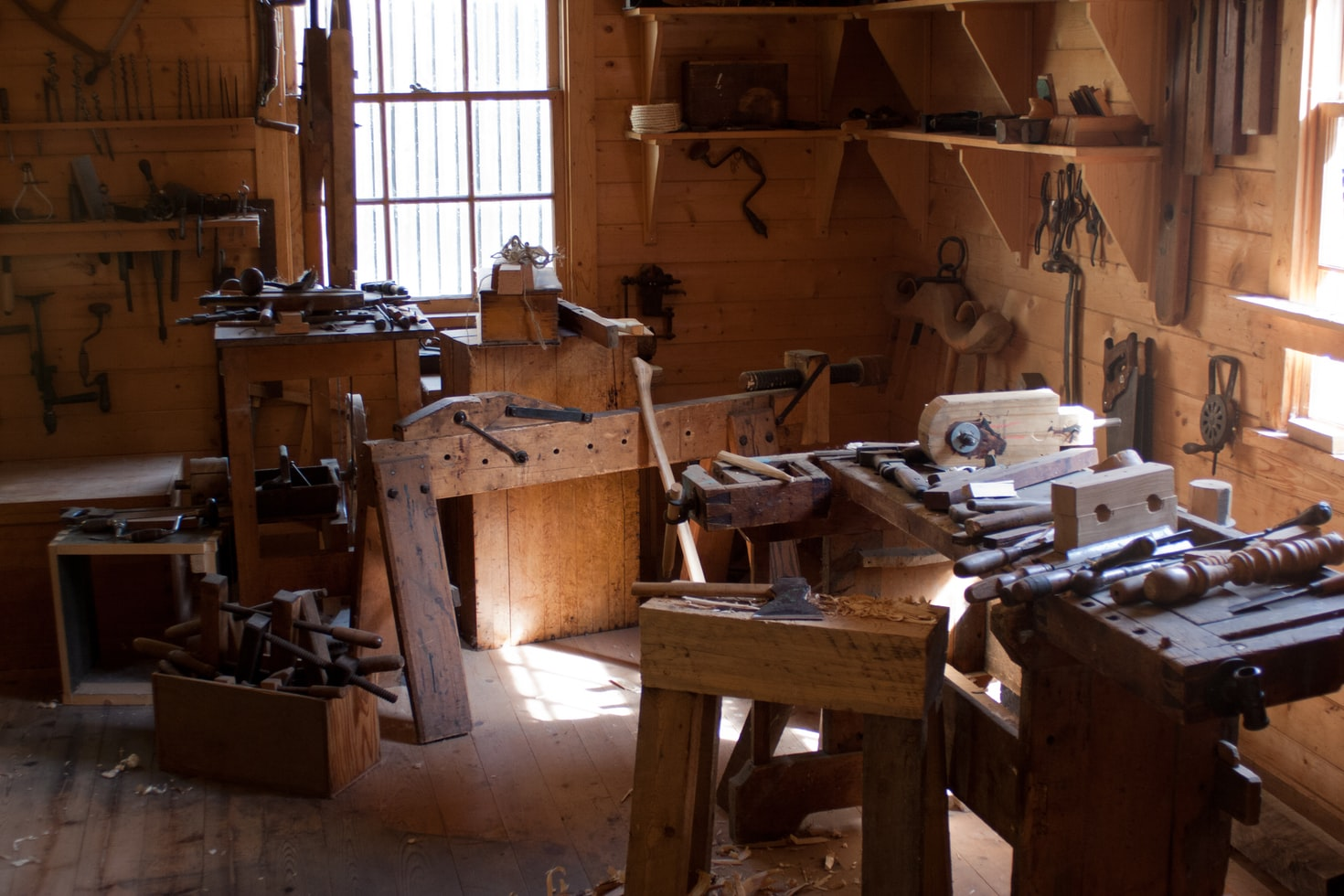When it comes to taking notes, we often find ourselves attempting to build a wiki-style knowledge base, knowledge graph, digital garden, or similar. While these aren’t all the same thing, there is a common denominator: the idea that we consistently document knowledge in an organized way so that we can revisit it and benefit from it over time. Let’s call this concept a “knowledge garden”.
(Note: while this idea, and much of what follows, can apply to shared notes, we’re mostly focused on a personal / individual use case here).
The Versailles gardens.
The reality is that, except for the most determined gardeners, a beautiful knowledge garden is unattainable. Even more, it’s not what we need to do our best work.
Building a knowledge garden may feel like something we want to do or should do, but it doesn’t align with our day-to-day reality.
Reality is messy.
We write things down, and most things are relevant only in the moment or for a short period of time. As time goes by, the usefulness of our notes usually decays rather quickly.
We brainstorm, pause, come back later, find parts of it to no longer be compelling, re-work what we have, and maybe share certain parts.
We get interrupted while in the middle of a task, or have a sudden thought about something unrelated.
We come up with ideas in fits and bursts, and go on tangents that may or may not come in handy later on.
More often than not, we are dealing with works-in-progress. Things are inconclusive, we’re in the middle of working through our thoughts and getting them in order, new information comes in, we have to switch contexts, multiple things are going on at once, things are useful for a short time before our attention shifts elsewhere… This is the kind of state we’re usually in.
Let’s embrace messiness.

Workshop (Photo by Adam Patterson on Unsplash) Your workshop can be messy, but you know where things are and it gives you the space to get stuff done. Our notetaking tools should work like this too.
The trail of artifacts that we create in the process is meant only to serve us in the act of building. They’re not for show - not about impressing others, or for us to admire. We’re in motion. Work is in progress. We can arrange things however we like, such that the things we need in the moment are at our fingertips. The goal is getting stuff done.
Our mess is synonymous with progress, with adapting to change, with the freedom to shape our environment according to what we’re trying to accomplish.
We’d benefit from tools that are designed to assist us in navigating our messy reality. Tools that don’t promise the perfect outcome, but instead support us in our imperfect endeavors. Tools that don’t require massive levels of dedication on our part to make them work - but rather tools that ergonomically fit into our hectic lives and that make the mess a little more manageable.
Bytebase serves our messy reality.
Bytebase is the working memory that enables us to execute on what we’re doing throughout our day. It acknowledges that reality is chaotic, that progress is non-linear, and that our day sometimes unfolds in unexpected ways. It empowers us to capture and work through thoughts without the pressure to make them look good. It gives us a place to hone in on what matters most at this moment, and handle challenges that are thrown our way just a little bit better.


